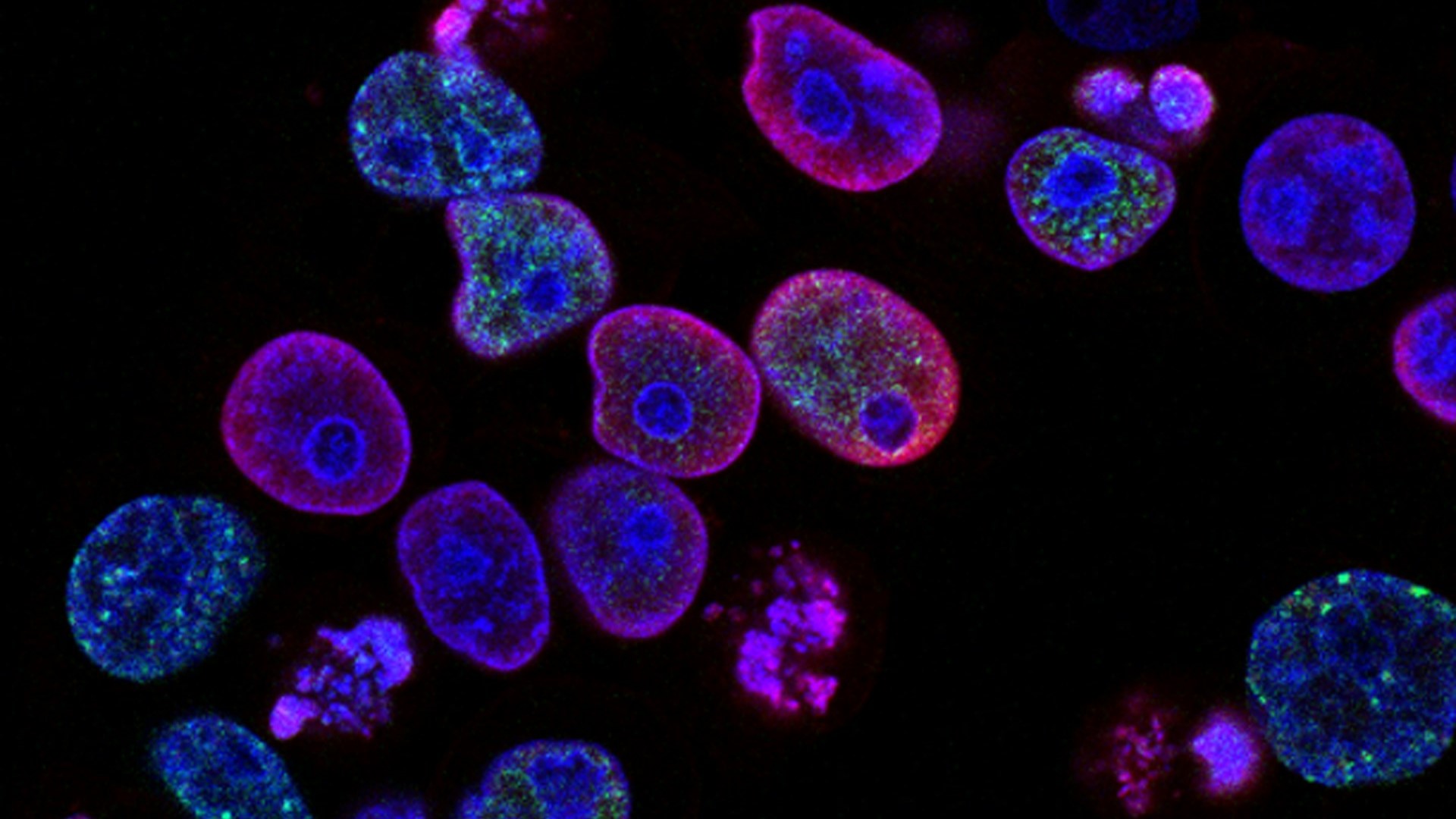Life sciences are a source of inspiration, ideas, and innovation for various industrial sectors to respond to the needs of consumers and end-users, create new markets, create conditions to accelerate the ecological and digital transitions, and meet societal challenges.
The various legislative acts that regulate the marketing of technologies, products, and services related to life sciences within the single market, both at national and EU levels, aim to ensure their safety, efficacy, quality, and sustainability for consumers, animals, and the environment.
EU regulation in this area covers, in particular, human and veterinary medicines, substances of human origin, medical devices, in vitro diagnostic devices, food safety for human and animal consumption, chemical product safety, and artificial intelligence.
In its “Compass for Competitiveness” Communication (January 2025), the European Commission announced the launch of the EU Life Sciences Strategy in the second quarter of 2025, highlighting the enormous potential of these sciences for the competitiveness of various sectors, from pharmaceuticals to agriculture, energy, and food for human and animal consumption, as well as their role as a driving force for innovation in biotechnology.
For decades, the EU has been a leader in life sciences and in a good position to support knowledge, expertise, and innovation in related sectors.
However, the EU has been losing ground compared to its main global competitors, particularly in the case of orphan drugs, advanced therapy medicines, or biopharmaceuticals.
The EU has been falling behind not only in terms of investment in research and innovation but also in the benefits derived from them.
It will be essential to take advantage of the high-value technologies developed through research and innovation, not only to maintain the standard of living in the EU but also to ensure a prosperous future.
By accelerating the development, application, deployment, and adoption of innovation in life sciences, the EU should stimulate competitiveness and wealth, as well as create new jobs and more economic value, facilitate and increase ecological and digital transitions, develop trade exchanges, reduce dependencies, increase preparedness, and shape the economy and society of the future.
However, challenges and obstacles remain, particularly:
- limited market acceptance and commercialization;
- complexity of regulation;
- access to financing;
- evolution of the needs for qualified professionals.
For these reasons, there is a need to adopt a concerted strategy at the EU level, with actions to mobilize public and private capacities and investments across all Member States and regions of the Union, in accordance with the principle of subsidiarity.
The initiative will take the form of a Communication and will include a comprehensive, cross-sectoral, future-oriented EU Life Sciences Strategy, which, in general terms, will cover the study of living systems, from microorganisms to plants, animals, and humans, to ecosystems.
This strategy will identify the main challenges and opportunities to accelerate the development, deployment, and safe adoption of life sciences-based innovation, including to support the digital and ecological transitions of European society and economy.
The strategy will aim to strengthen European knowledge creation in the life sciences, essential for revolutionary discoveries and for channeling innovation in the medium to long term, as well as translating this knowledge into safe and sustainable products and services.
The strategy will specifically focus on the industry’s need to enhance the EU’s competitiveness and leadership, particularly in critical and high-value technological domains, while also considering, whenever necessary, economic security and the protection of the ecosystems involved.
This should increase the prosperity of the EU, enhance its preparedness, security, and strategic autonomy, accelerate and enable digital and ecological transitions, and contribute to the quality of life and well-being of Europeans.
This strategy will include proposals for measures for the 2025-2029 period at the EU, national, and regional levels, aimed at strengthening the knowledge base in life sciences and the resulting solutions.
The final years of Horizon Europe and the programmes under the future multiannual financial framework could contribute to financing the launch and/or continuation of the proposed actions.
The strategy will include proposals for cross-sectoral actions and specific sector actions.
Our team is available for further information.


